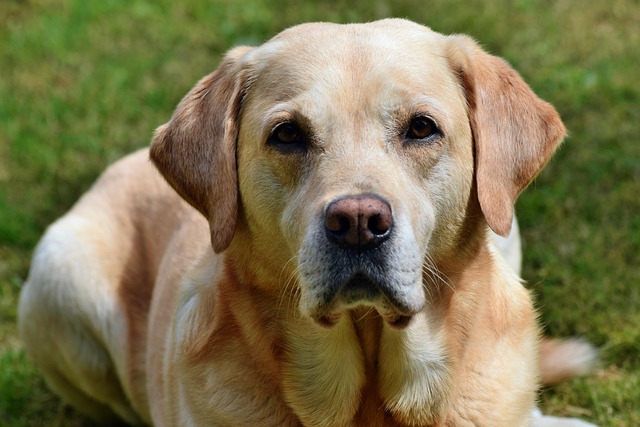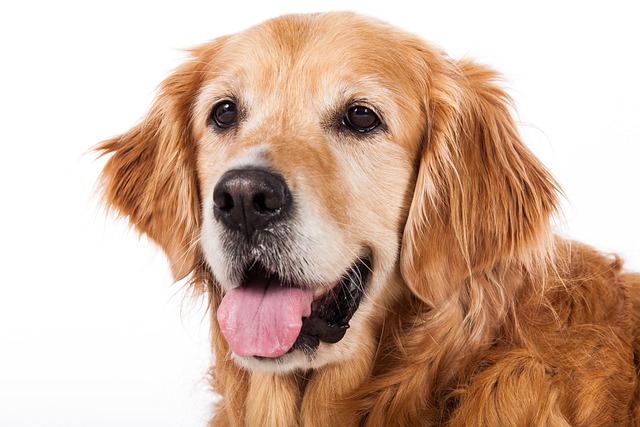
Should I give my dog vitamin supplements
If you’ve ever stood in the pet store aisle, staring at bottles of dog vitamins labeled “immune support” or “shiny coat,” you might’ve wondered if your pup really needs them.
If you share your home with a bulldog, you probably already know that their snorts, snores, and occasional wheezes aren’t just quirky traits—they’re woven into daily life. Still, even the most devoted bulldog lovers sometimes wonder: Is there more I can do to improve bulldog breathing and help my companion breathe easier? In my experience, these concerns are not only valid but vitally important. Bulldogs face unique respiratory challenges, and while your veterinarian can offer a wealth of guidance, some solutions lie beyond the exam room.
The roots of bulldog breathing problems are complex, and they often go deeper than the classic explanations you’ll hear at the vet’s office. Sure, their adorable short noses (that unmistakable “smoosh face”) are a big part of why bulldogs struggle. But it isn’t just about anatomy. Bulldogs are prone to Brachycephalic Obstructive Airway Syndrome (BOAS), which means their airways are naturally narrower. This can lead to labored breathing, noisy snoring, and even dangerous airway collapse during exercise or hot weather. But here’s what often gets missed: factors like household environment, daily routines, and even subtle cues you pick up from your dog can make a world of difference—sometimes more than medicine alone.
Let’s talk about your bulldog’s environment. Sometimes, improving their breathing starts with simple, overlooked changes at home. Have you ever noticed your bulldog seems to breathe easier on cool, crisp days? That’s not a coincidence. Bulldogs are sensitive to heat and humidity, so keeping your living space well-ventilated and cool is crucial. Air conditioning or a gentle fan can help, but don’t let things get too drafty—bulldogs can be sensitive to chills, too. Air quality is another big piece of the puzzle. Dust, pollen, cigarette smoke, and even scented candles can aggravate bulldog breathing problems. Investing in a good air purifier, vacuuming regularly (especially if you have carpets), and choosing unscented cleaning products can all help. It’s surprising how much these small environmental tips for bulldog breathing can add up. If you suspect environmental allergies, talk to your vet about possible triggers, but don’t underestimate the power of a fresh, allergen-minimized home.
Now, onto lifestyle changes for bulldog respiratory health. One of the most effective steps—though not always the easiest—is weight management. Bulldogs love treats, and honestly, it’s tough to resist those pleading eyes. But carrying even a few extra pounds puts more strain on their already challenged airways. If your bulldog is a bit chunky, gradual weight loss (guided by your vet) can make breathing noticeably easier. Exercise is important, but it’s a balancing act. Short, gentle walks during cooler parts of the day are better than strenuous play or walks in the heat. Watch for signs your bulldog is getting winded—pause, let them rest, and never push them beyond comfort. Grooming, too, plays a surprising role: keeping facial folds clean and dry helps prevent infections that could block airflow around the nose and mouth. Even trimming nails can help, since a comfortable, steady gait means less energy spent—and less labored breathing. These daily care routines are among the most practical bulldog breathing problems solutions you’ll find.
Of course, you’ll want to keep a watchful eye on your bulldog’s breathing. You might be wondering what’s normal and what’s not. Bulldogs naturally make more noise than other breeds, but look for changes: is your dog panting more than usual, struggling to catch their breath, or showing a blue tint to their tongue or gums? Does your bulldog seem anxious or lethargic, especially after exercise or in warm weather? Trust your instincts—if something feels off, it probably is. Recording a short video of your dog’s breathing can help your vet see exactly what’s happening, especially if symptoms come and go. Don’t wait for a crisis; early intervention is key. Sometimes, surgical procedures are recommended to open up the airways, but even so, your role in daily monitoring and care remains central.
So, how to help a bulldog breathe easier, day in and day out? Honestly, there’s no single solution. The best approach blends environmental and lifestyle adjustments with quality veterinary care. Listen to your vet, but also pay close attention to your bulldog’s unique needs and quirks—nobody knows your dog quite like you do. Sometimes, it’s the combination of small, thoughtful changes at home, consistent daily routines, and timely medical advice that delivers the most relief. Bulldogs might always snore a little, and their breathing will never be silent, but with a bit of extra care (and a lot of love), you can help them live more comfortably—one breath at a time.

If you’ve ever stood in the pet store aisle, staring at bottles of dog vitamins labeled “immune support” or “shiny coat,” you might’ve wondered if your pup really needs them.

If you’ve ever thought about swapping your dog’s kibble for something homemade, you might’ve worried: “Will I get the nutrients right?”

If you’ve ever watched your dog tilt their head like they’re confused, or scratch at their ear until they whimper, you might be seeing signs of an ear infection.

Golden Retrievers, with their lush coats and playful spirits, often steal hearts in parks and homes alike. But that same thick fur that makes them so cuddly can sometimes be a double-edged sword when it comes to skin health.

If you’ve ever left a friend’s house with a dog and spent the next hour sneezing, your eyes red and watery, you’ve probably wondered when the discomfort will end.

If you’ve ever watched your dog scratch until their skin turns red, or noticed them licking their paws raw after a walk, you’ve probably wondered what’s causing their discomfort.